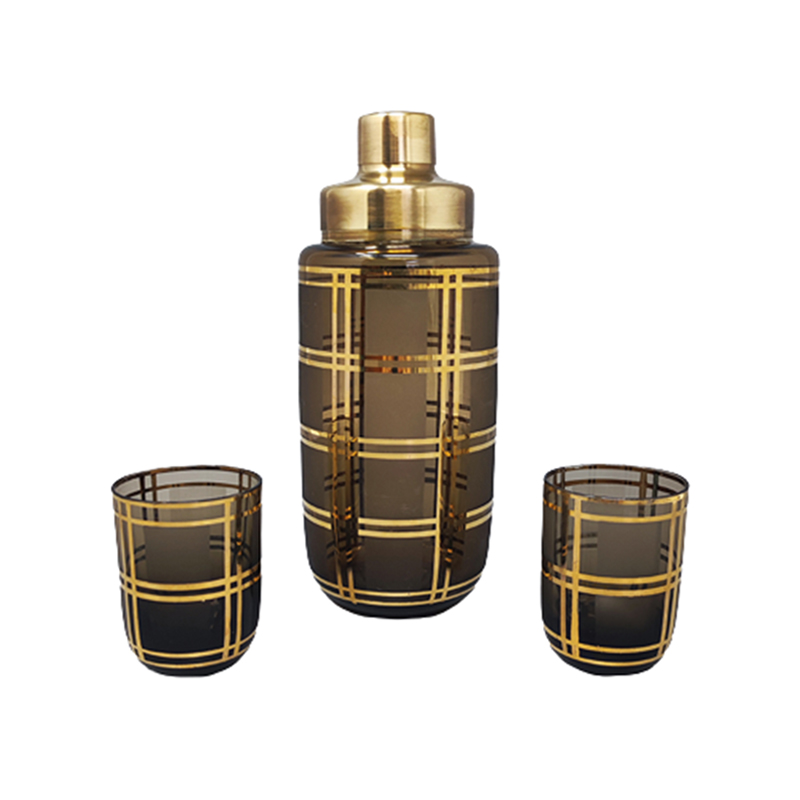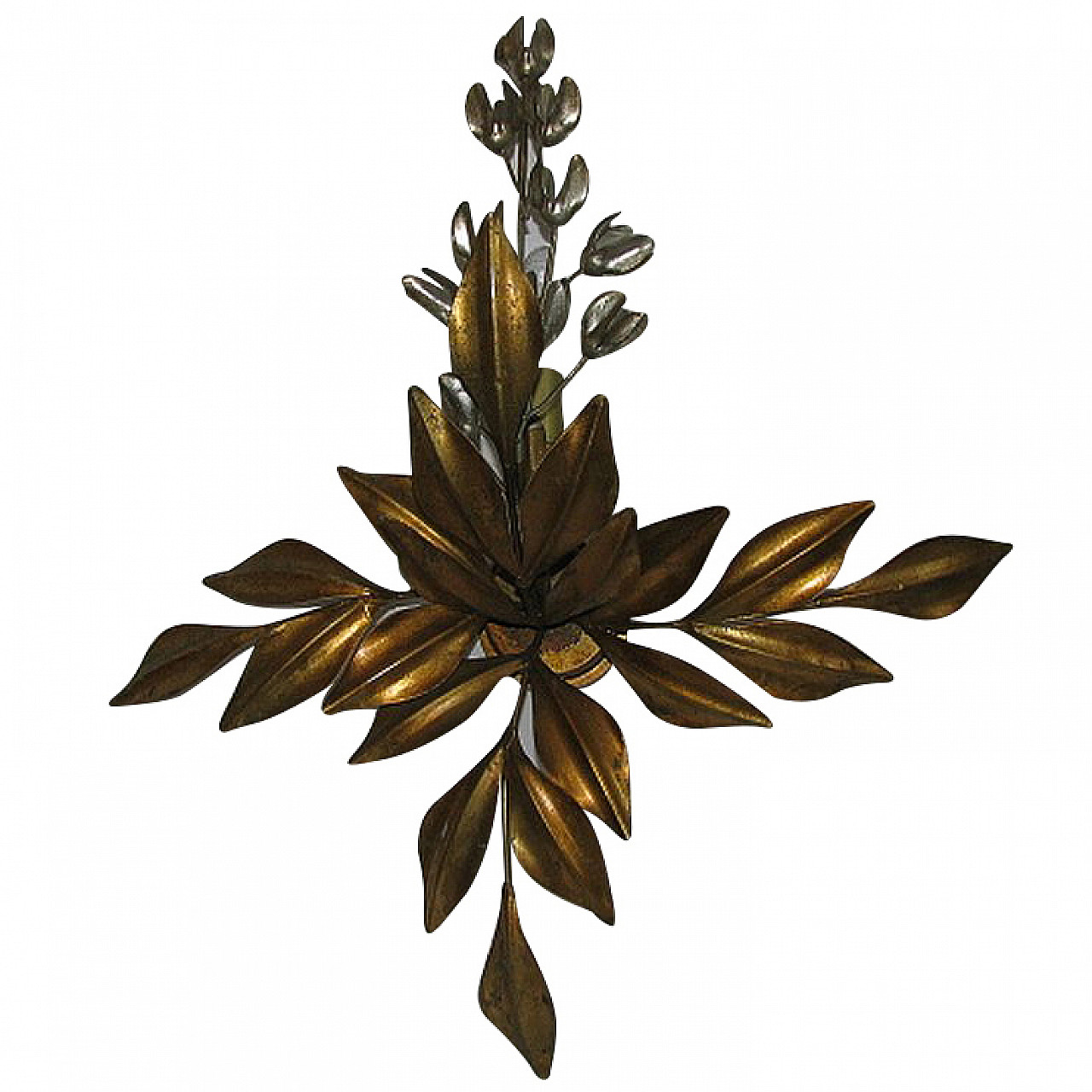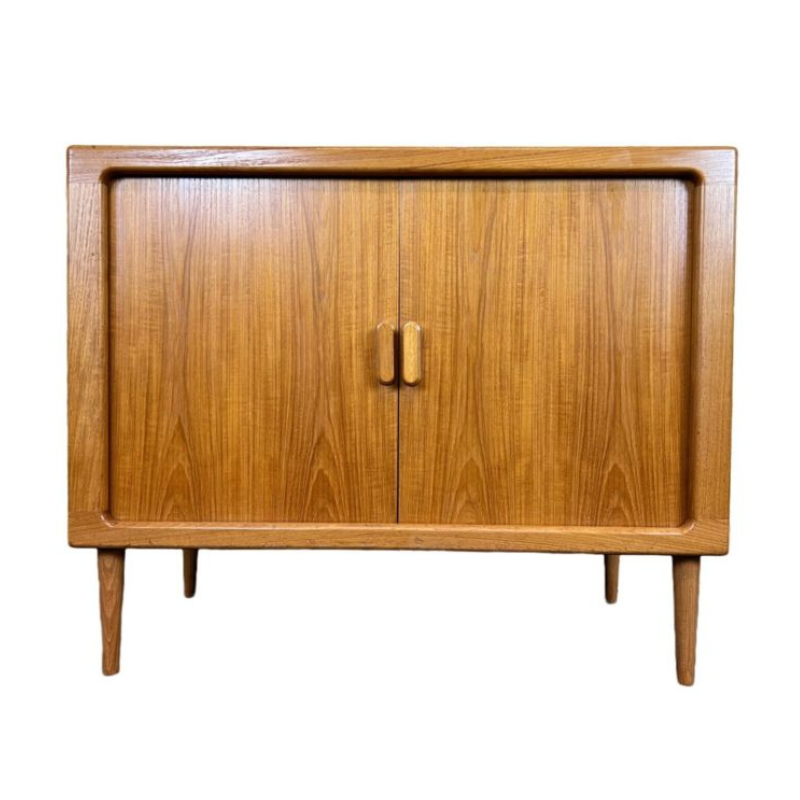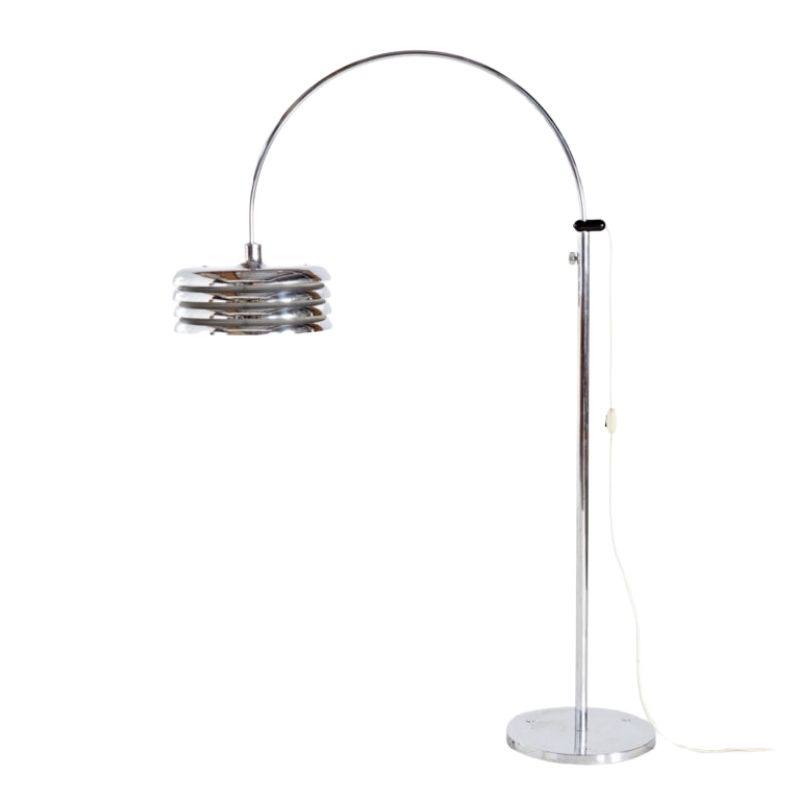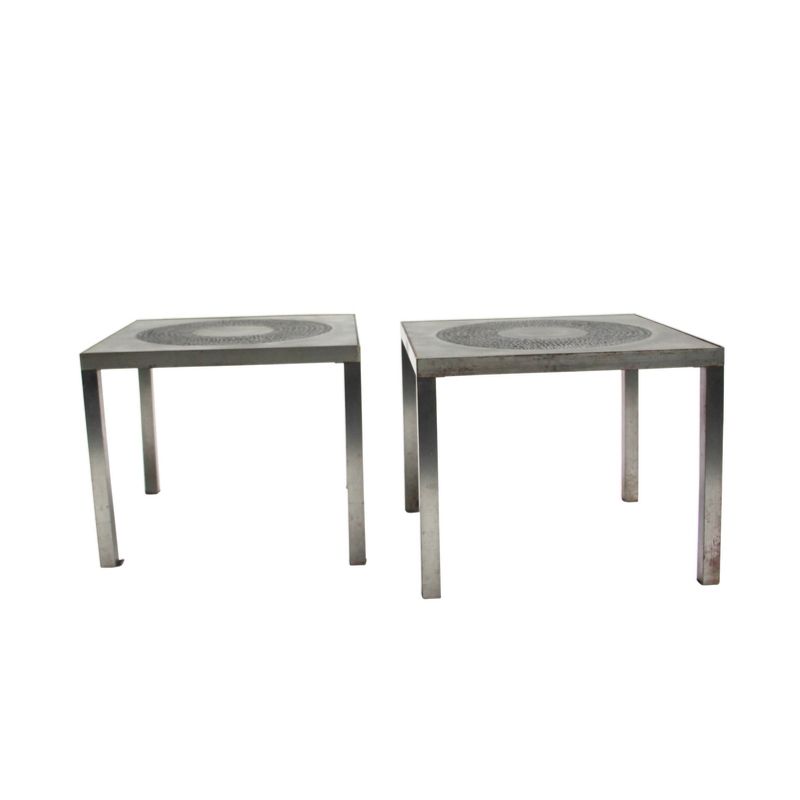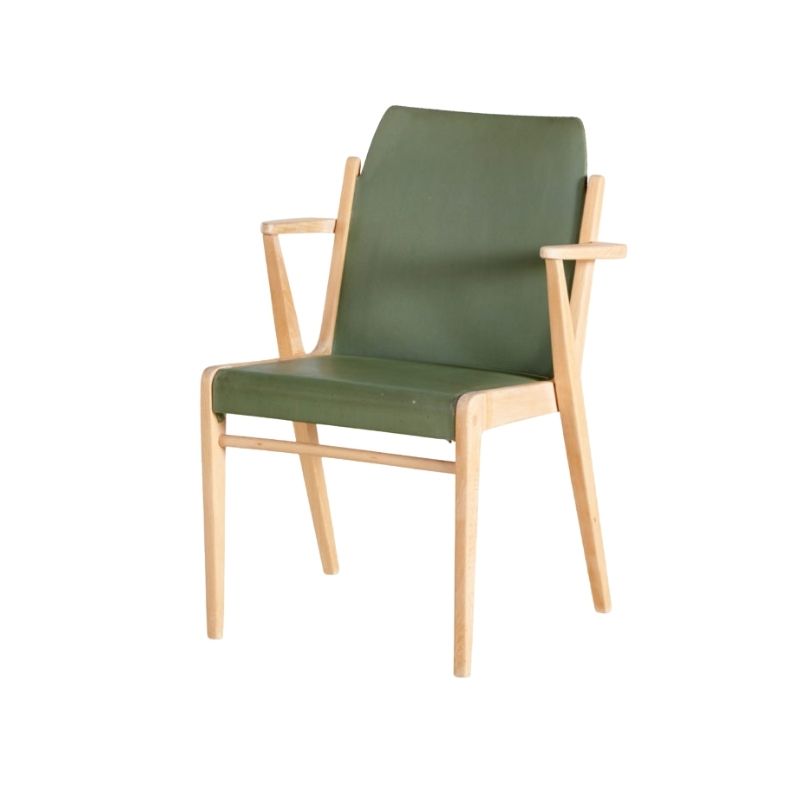As some of you know, I posted about wanting to use an ikea Numerar table top for a desktop, with stainless hairpin legs.
I am still running with the idea, but I am wondering if anyone knows a good place to get something with similar dimensions and price, but with a less clustered appearance. The Numerar top is apparently several wood strips glued together, so it does not have the solid wood appearance I was hoping for.
It is important that whatever top I choose, is at least close to, or more then
1 1/2 inches.
.
Have you thought of looking on CL and junk shops for an old crap desk that you can strip and re-use? You might find something decent for a very low price and you recycle.
1 1/2 inches is quite thick, is it necessary? You should ask for quarter sawn wood to be used, the end grain should look like this, it will help with keeping the top flat.
Almost any prefab solid wood panel
of that thickness will be composed of relatively narrow laminated boards. It's simply the best method to achieve consistent results. Gluing up wider boards for a table top requires careful selection and is a costly custom option normally reserved for pieces where aesthetics are the priority.
Are you really sure you need a solid top that thick for your desk? One would normally choose such a top for a work surface intended for fairly heavy use, such as a workbench or kitchen countertop. If it's a monolithic wood surface your after, you might also consider having a local cabinet maker fashion something from a nice hardwood-veneered plywood edge-banded to provide some rigidity and the appearance of the thickness desired. This is probably what I would explore for a simple desk top with hairpin legs.
I might also look at some of the offerings from industrial suppliers like C&H.
http://www.chdist.com/workbench-components/b-153732
Thickness
Well, I have managed to find a table top at a thickness of 1 inch, and it has a far more solid wood appearance, but it is not oak. I am not going to lie, I do have many apple products that I keep on one desk, hence the length requirements, but the
1" 1/2 inches I was looking for was to guarantee I could use the longest screws possible, to ensure the table is sturdy. I do not want this table breaking, along with thousands of dollars worth of electronics.
If you all think I can pull this off with a thinner piece, I will try. However I do not want this to be something that is fragile, I really wanted to build a quality piece of furniture.
Also, thank you for the link to the butcher block company. They are fairly expensive, but that is to be expected.
I really don't think that a...
I really don't think that a 1" thick table will break. The danger mostly with thinner stock is that it's gonna bounce on just those legs. You can go with thinner stock and make it more rigid by adding reinforcing bars underneath.
(That's why most tables have an apron--the boards that connect the legs underneath. But you can't really do that with hairpin legs.)
milling question
I got my tabletop made at a place that specializes in exotic lumber, but any woodworker should be able to do the same thing. You need someone with the right power tools---a planer and a jointer, I think...? And a table saw to cut it to size. Just tell them you want a finished thickness of 1" or 1.5" or whatever. It'll cost more than 3/4" because they have to start with 1.5" to 2" thick wood. Or more, I dunno.
The place I went to was gloriously vast shop filled with racks of thick slabs of unfinished wood of all species. It was pretty great. I'll link it below in case anyone in the Baltimore area is interested.
http://www.freestatetimbers.com/
.
Spanky has the right idea, but I'd disagree about the need for power tools and I tend to question where and how the wood is harvested, but thats just my way of looking at things. Ask around, friends and family might know someone who works from home or a hobbyist who can help you out.
A properly made apron also stops a table from wobbling and its somewhere to put chewing gum when no one is looking, triple duty.
An unsupported solid slab splitting at a glue joint
is a valid concern. And the weight of a 1 1/2-inch thick top of any size is, too.
Making a top from plywood solves both of these issues. I'd find a local cabinet shop and explain to them your desires. Be aware, though, a nice sheet of 3/4" furniture-grade oak veneer plywood alone will cost you over a hundred bucks.
Where are you located?
Not my favourite but yes I...
Not my favourite but yes I suppose sheet goods have their place.
Edge treatments are important. I quite like the screwed in hardwood edge on the ESU, alternatively you could use some good ply with an extruded aluminium edge, it comes ready powdercoated white here so am sure you could get it in the US, presuming thats where you are.
With a top made more rigid with a steel or aluminium edge you could get away with a thinner top, of course that brings up other issues, welcome to the world of making your own stuff, fun innit?
Heath, I've made a suite of book cases
for my kids' rooms years ago from whatever the metric equivalent is to 3/4" baltic birch ply and left the edges raw with a slight bullnose and spline-mitered corners. A few coats of oil-base polyurethane, and they still don't look half-bad, if I do say so myself. Choosing the right plywood is key.
If you need any help, please contact us at – info@designaddict.com



